Home>Garden Essentials>When To Plant Grass Seed In NC


Garden Essentials
When To Plant Grass Seed In NC
Modified: October 19, 2024
Learn the optimal time to plant grass seed in North Carolina for a healthy garden. Find expert tips and advice for successful gardening in NC.
(Many of the links in this article redirect to a specific reviewed product. Your purchase of these products through affiliate links helps to generate commission for Storables.com, at no extra cost. Learn more)
Introduction
Welcome to North Carolina, where the lush greenery of the garden is a sight to behold. Whether you’re a seasoned gardener or just starting out, planting grass seed is an essential step in creating a beautiful and healthy lawn. However, knowing when to plant grass seed in NC is crucial for success.
North Carolina has a diverse climate, with different regions experiencing varying weather patterns throughout the year. Understanding the climate and soil conditions in your area is key to determining the optimal time for planting grass seed. In this article, we will guide you through the process of selecting the right grass variety, factors to consider before planting, and the ideal timing for planting grass seed in North Carolina.
So, let’s dive in and discover when is the best time to plant grass seed in the Tar Heel State!
Key Takeaways:
- Plant warm-season grass like Bermudagrass or Zoysia in late spring or early summer, and cool-season grass like Fescue in early fall or late winter/early spring for successful growth in North Carolina.
- Consider soil testing, sunlight, water drainage, and local regulations before planting grass seed. Follow a step-by-step guide and provide care and maintenance to troubleshoot common issues and establish a healthy lawn.
Read more: When To Seed Lawn In Nc
Understanding the Climate and Soil in North Carolina
North Carolina experiences a range of climates due to its geographical location and diverse topography. The state can be divided into three distinct regions: the Coastal Plain in the east, the Piedmont in the central area, and the Appalachian Mountains in the west. Each region has its own unique climate and soil characteristics.
The Coastal Plain region in eastern North Carolina has a relatively mild climate, with hot and humid summers and mild winters. This region receives higher amounts of rainfall compared to other parts of the state. The soil in the Coastal Plain is generally sandy and well-draining, which can pose challenges for growing certain grass varieties.
The Piedmont region, which includes major cities like Charlotte and Raleigh, has a transitional climate with hot summers and cold winters. The soil in the Piedmont is typically clay-based and can retain moisture, making it important to choose grass varieties that can tolerate both drought conditions and heavy rainfall.
The Appalachian Mountains in western North Carolina have a cooler and wetter climate due to the higher elevation. The soil in this region is typically loamy and well-drained, providing a favorable environment for growing various grass species.
When choosing the right grass seed for your North Carolina lawn, it’s crucial to consider these climate and soil factors. Certain grass varieties thrive better in specific regions, so it’s important to select the right grass type that is well-suited for your area’s conditions.
Next, we’ll explore some of the recommended grass varieties for North Carolina to help you make an informed decision.
Recommended Grass Varieties for North Carolina
When it comes to selecting the right grass varieties for your North Carolina lawn, it’s important to consider factors such as climate, soil conditions, and your specific maintenance preferences. Here are some of the top grass varieties that are well-suited for North Carolina:
- Bermudagrass: Bermudagrass is a warm-season grass that thrives in the hot and humid summers of North Carolina. It has excellent drought tolerance and can withstand heavy foot traffic, making it a popular choice for lawns, sports fields, and golf courses. Common varieties of Bermudagrass include Tifway 419 and TifGrand.
- Zoysia Grass: Zoysia grass is another warm-season grass that performs well in North Carolina’s climate. It has good drought tolerance and can tolerate shady areas better than Bermudagrass. Popular Zoysia grass varieties for North Carolina include Meyer and Zeon.
- Fescue Grass: Fescue grass is a versatile cool-season grass that can thrive in various parts of North Carolina, including the Piedmont and the mountains. It has excellent shade tolerance and can withstand cold winters. Popular fescue grass varieties include Kentucky 31 and Tall Fescue.
- Centipede Grass: Centipede grass is a low-maintenance warm-season grass that performs well in the Coastal Plain region of North Carolina. It has good heat and drought tolerance and requires less fertilization than other grass types. Common centipede grass varieties include TifBlair and Common Centipede.
It’s important to note that different grass varieties have varying maintenance requirements, including mowing height, fertilization schedules, and irrigation needs. Consider your own lawn care preferences and the specific conditions in your area when choosing the right grass variety for your North Carolina lawn.
Now that we have covered the recommended grass varieties, let’s explore the factors to consider before planting grass seed in North Carolina.
Factors to Consider Before Planting Grass Seed
Before jumping into planting grass seed, there are several important factors to consider to ensure the success of your lawn. These factors will help you make informed decisions and set the stage for a healthy and thriving grassy paradise in your North Carolina yard. Let’s delve into the key factors:
- Soil Testing: Conducting a soil test is essential to determine the pH level and nutrient composition of your soil. This information will guide you in choosing the right grass varieties and applying the appropriate amendments to create an optimal growing environment for your lawn.
- Sunlight: Evaluate the amount of sunlight your lawn receives throughout the day. Some grass varieties thrive in full sun, while others tolerate shade. Understanding the sunlight patterns in your yard will help you select the appropriate grass type for optimal growth.
- Water and Drainage: Consider the water availability and drainage patterns in your area. Some grass varieties require more frequent watering, while others are more drought-tolerant. Additionally, assess the drainage capacity of your soil to ensure it does not become waterlogged, which can lead to grass diseases and poor growth.
- Usage and Foot Traffic: Determine the intended use of your lawn and the level of foot traffic it will experience. Certain grass varieties are better suited for high foot traffic areas, such as Bermuda grass, while others, like Zoysia grass, are more suitable for low foot traffic areas.
- Local Regulations: Check with local municipalities or homeowner associations for any restrictions or guidelines regarding grass types or lawn maintenance practices. Some areas may have specific requirements or limitations that you need to consider before planting grass seed.
Taking these factors into account will help you make informed decisions and choose a grass variety that is well-suited to the specific conditions of your landscape. Now, let’s move on to the next important aspect: timing and season for planting grass seed in North Carolina.
Timing and Season for Planting Grass Seed in North Carolina
The timing and season for planting grass seed in North Carolina largely depend on whether you are dealing with warm-season or cool-season grasses. Understanding the appropriate planting times will give your grass seed the best chance to germinate and establish a strong root system. Let’s explore the timing for each grass type:
Warm-Season Grasses:
If you have chosen warm-season grasses like Bermudagrass or Zoysia grass, the ideal time for planting is during late spring or early summer. These grasses thrive in warm temperatures and require soil temperatures to be consistently above 60°F (15.5°C) for proper germination. Planting in late spring or early summer allows the grass seed to establish strong roots before the hot summer months.
Cool-Season Grasses:
Cool-season grasses like Fescue grass are best planted in the early fall or late winter/early spring. The cooler temperatures and ample rainfall during these seasons create favorable conditions for seed germination and grass establishment. Planting early enough in the fall allows the grass to develop a strong root system before the winter, while planting in late winter/early spring takes advantage of the cool and moist conditions for successful establishment.
It’s important to note that North Carolina’s diverse climate means that these general guidelines may vary slightly depending on your specific region and local weather conditions. Monitoring soil temperatures and weather forecasts can help you determine the optimal time for planting grass seed in your area.
Now that we understand the optimal timing for planting grass seed, let’s dive into a step-by-step guide to help you successfully plant your grass seed in North Carolina.
The best time to plant grass seed in North Carolina is in the late summer or early fall, between mid-August and mid-September. This allows the seeds to establish before the winter and thrive in the following spring.
Read more: When To Aerate Bermuda Grass In Nc
Step-by-Step Guide to Planting Grass Seed
Planting grass seed in North Carolina is a rewarding endeavor that can transform your yard into a lush, green paradise. To ensure successful germination and establishment of your grass seed, follow these step-by-step instructions:
- Prepare the soil: Start by preparing the soil where you plan to plant the grass seed. Remove any existing grass, weeds, and debris, and loosen the soil with a rake or tiller. This will help create a smooth and receptive surface for the grass seed to take root.
- Perform a soil test: Conduct a soil test to determine the pH level and nutrient composition of your soil. Based on the results, amend the soil by adding lime or fertilizers as recommended to create an optimal growing environment for the grass seed.
- Spread the grass seed: Using a handheld spreader or broadcast spreader, evenly distribute the grass seed over the prepared soil. Follow the recommended seeding rate provided by the seed manufacturer to ensure proper coverage and avoid overcrowding.
- Rake and lightly press the seed: Gently rake the grass seed into the soil to ensure good seed-to-soil contact. A light rolling with a lawn roller can also help press the seed into the soil and improve germination rates.
- Water thoroughly: After seeding, water the area thoroughly and keep the soil consistently moist throughout the germination process. Avoid overwatering, as it can lead to poor germination or fungal diseases. A fine misting spray or oscillating sprinkler can help distribute water evenly.
- Maintain proper watering: As the grass seed germinates and starts to grow, gradually reduce the frequency of watering while increasing the duration of each watering session. This will encourage the roots to grow deeper into the soil. Aim to provide about 1 inch of water per week, either through rainfall or irrigation.
- Mow at the recommended height: Once the grass begins to grow, mow it at the recommended height for your chosen grass variety. Be sure not to remove more than one-third of the grass blade length during each mowing to avoid stress and damage.
- Apply fertilizer and weed control: Follow the recommended fertilization schedule for your grass type to provide the necessary nutrients for healthy growth. Additionally, use a pre-emergent herbicide to prevent the growth of weeds in your newly seeded lawn.
By following these steps, you will set a solid foundation for your newly planted grass seed and give it the best chance to grow into a vibrant and thriving lawn. Remember to be patient, as grass seed germination and establishment can take several weeks. With proper care and maintenance, your North Carolina lawn will flourish and become the envy of the neighborhood!
Now that you know how to plant grass seed, let’s move on to the care and maintenance required to ensure its ongoing health and beauty.
Care and Maintenance of Newly Planted Grass Seed
Caring for newly planted grass seed in North Carolina is vital to ensure its successful establishment and long-term health. Follow these care and maintenance tips to help your grass seed thrive:
- Watering: Adequate watering is crucial for the germination and growth of grass seed. As a general rule, water the area consistently to keep the soil moist, but avoid overwatering, as it can lead to shallow root growth and fungal diseases. Water deeply and infrequently to encourage the roots to grow deeper into the soil.
- Mowing: Allow the grass seed to establish and grow to approximately 3-4 inches in height before the first mowing. Set your mower blade to the recommended height for your grass variety and remove no more than one-third of the grass blade length during each mowing. Mowing at the proper height will help the grass develop a stronger root system and promote denser growth.
- Fertilizer: Apply a starter fertilizer specifically designed for newly seeded lawns. Follow the recommended application rates provided on the fertilizer package to provide the necessary nutrients for healthy growth. Avoid using fertilizer containing weed preventers as they can hinder the germination of the grass seed.
- Weed Control: Keep an eye out for weeds that may emerge alongside your newly planted grass. Use a post-emergent herbicide that is safe for your grass type to control and eliminate weeds. Always follow the instructions on the herbicide label and avoid applying it to newly germinated grass seed.
- Limit Traffic: Limit foot traffic and avoid heavy use of the newly seeded area until the grass has fully established. Gentle walking or light activities are generally okay, but excessive traffic can damage the delicate young grass and impede its growth.
- Irrigation: Proper irrigation is essential during the early stages of grass seed establishment. Pay attention to weather conditions and adjust your irrigation accordingly. Watering in the early morning or late afternoon is ideal, as it allows the grass to dry before evening, reducing the risk of fungal diseases.
- Patience and Monitoring: Newly planted grass seed takes time to establish and fill in. Be patient and continue to monitor the progress of your lawn. Keep an eye out for any issues such as patchy growth, weed infestations, or signs of disease. Promptly address any problems to ensure the health and vitality of your new grass.
By following these care and maintenance guidelines, your newly planted grass seed will have the best chance to grow into a lush and healthy lawn. Remember to provide regular care, monitor its progress, and adjust your maintenance practices as needed.
Now, let’s explore some common issues that may arise during the planting and establishment of grass seed in North Carolina.
Troubleshooting Common Issues with Grass Seed Planting
Planting grass seed in North Carolina can sometimes come with challenges. Understanding and troubleshooting common issues can help you address them promptly and ensure the success of your lawn. Here are some common issues you may encounter with grass seed planting and how to tackle them:
- Poor Germination: If you notice patchy or thin growth, it could be due to poor germination. Insufficient watering, improper seed-to-soil contact, or applying too much fertilizer can hinder germination. Ensure you provide consistent moisture, rake the seed into the soil, and follow recommended fertilization rates to promote healthy germination.
- Weed Infestation: Weeds can compete with grass seed for nutrients and resources, hindering its growth. Apply a post-emergent herbicide specifically designed for your grass type and follow the instructions carefully to control and eliminate weeds without harming the grass seed. Hand-weeding may also be necessary for stubborn or isolated weeds.
- Bare Spots: If you notice bare spots or areas with limited grass growth, it could be due to uneven seed distribution or poor seed-to-soil contact. Consider overseeding these areas to promote denser growth. Rake the soil lightly, spread the grass seed evenly, and ensure good seed-to-soil contact for optimal germination and establishment.
- Inadequate Drainage: If you observe standing water or overly saturated soil, it may indicate inadequate drainage. Poor drainage can lead to root rot and other diseases. Aerating the soil, adding organic matter to improve soil structure, or implementing proper grading and drainage solutions can help alleviate this issue.
- Shade Tolerance: If you have planted grass seed in shady areas, you may encounter challenges with grass growth. Consider using shade-tolerant grass varieties, such as fine fescue, to promote successful growth in these areas. Additionally, pruning overhanging branches or thinning out surrounding vegetation can increase sunlight exposure and improve grass growth.
- Drought Stress: During periods of drought, your newly planted grass seed may suffer from stress. Ensure you provide supplemental irrigation to keep the soil moist, but avoid overwatering. Deep and infrequent watering is key to encourage deep root growth and drought tolerance in the long run.
If you encounter persistent issues or are unsure how to address specific problems with your grass seed planting, consider consulting with a local gardening professional or your county extension office for expert advice and guidance.
By troubleshooting and addressing these common issues, you can overcome challenges and successfully establish a healthy and vibrant lawn in North Carolina.
Now, let’s conclude our guide to planting grass seed in North Carolina.
Conclusion
Congratulations! You are now equipped with the knowledge and understanding of when, how, and what to consider when planting grass seed in North Carolina. By taking into account the climate and soil conditions, selecting the right grass varieties, and following proper planting techniques, you can establish a beautiful and thriving lawn.
Remember to conduct a soil test to determine the pH level and nutrient composition of your soil, as this will guide you in amending the soil and creating an optimal growing environment. Additionally, consider factors such as sunlight, water and drainage, intended usage, and local regulations when choosing the right grass variety for your specific North Carolina region.
Timing is crucial when planting grass seed, with warm-season grasses being planted during late spring or early summer, and cool-season grasses being planted in the early fall or late winter/early spring. Following a step-by-step guide, including proper soil preparation, seed distribution, and watering techniques, will set the stage for successful grass seed germination and establishment.
Caring for newly planted grass seed involves regular watering, mowing at the appropriate height, fertilization, weed control, and limiting foot traffic until the grass has fully established. Monitoring your lawn’s progress and addressing common issues such as poor germination, weed infestation, bare spots, inadequate drainage, shade tolerance, and drought stress will help you troubleshoot any challenges and maintain a healthy lawn.
Remember that every lawn is unique, and it may take time for your grass seed to fully establish and flourish. Be patient, consistent, and attentive to the needs of your lawn. With proper care and maintenance, your North Carolina lawn will become a lush, green paradise for you to enjoy and take pride in.
So, roll up your sleeves, gather your tools, and get ready to create the lawn of your dreams in beautiful North Carolina. Happy planting!
Frequently Asked Questions about When To Plant Grass Seed In NC
Was this page helpful?
At Storables.com, we guarantee accurate and reliable information. Our content, validated by Expert Board Contributors, is crafted following stringent Editorial Policies. We're committed to providing you with well-researched, expert-backed insights for all your informational needs.
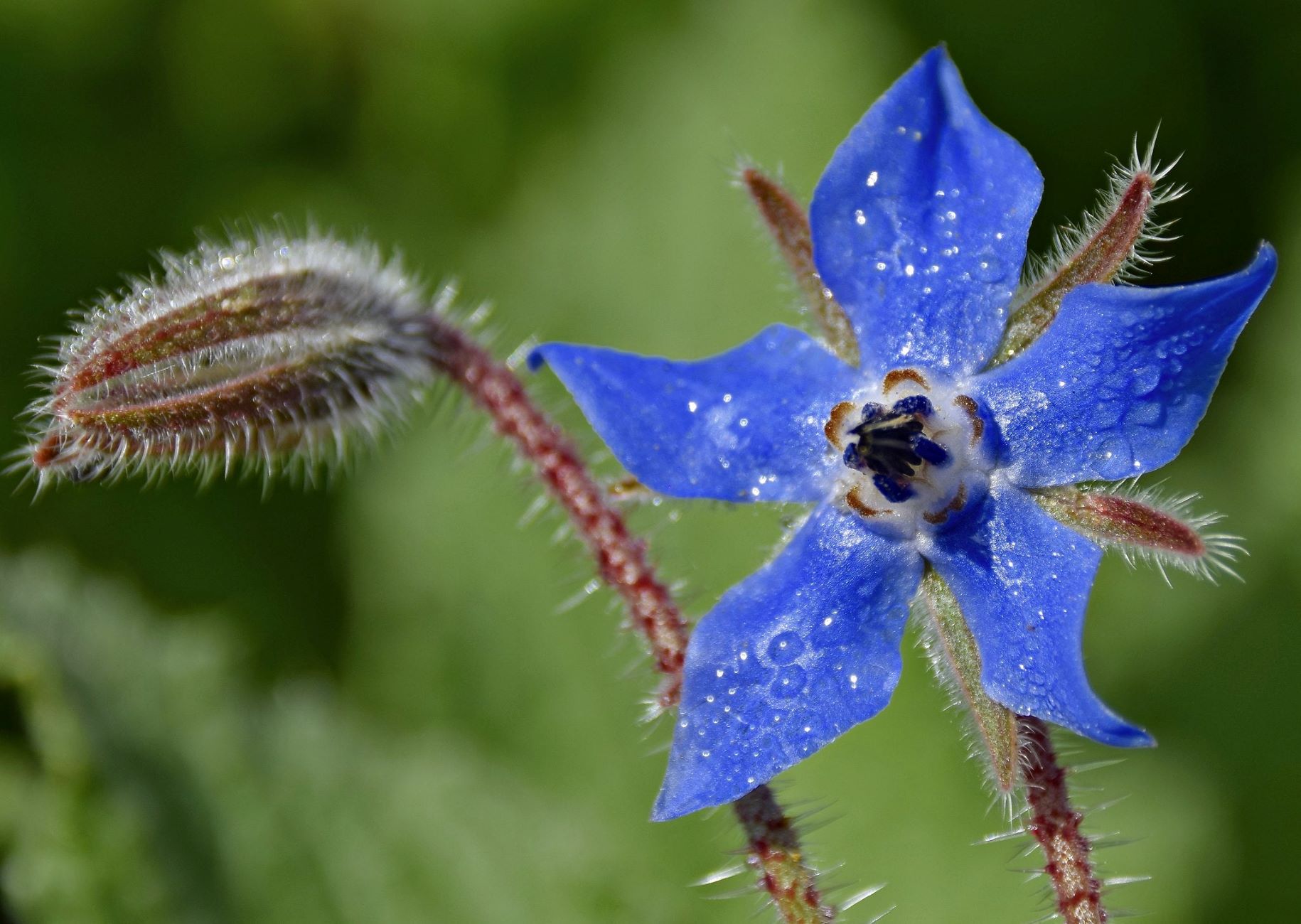
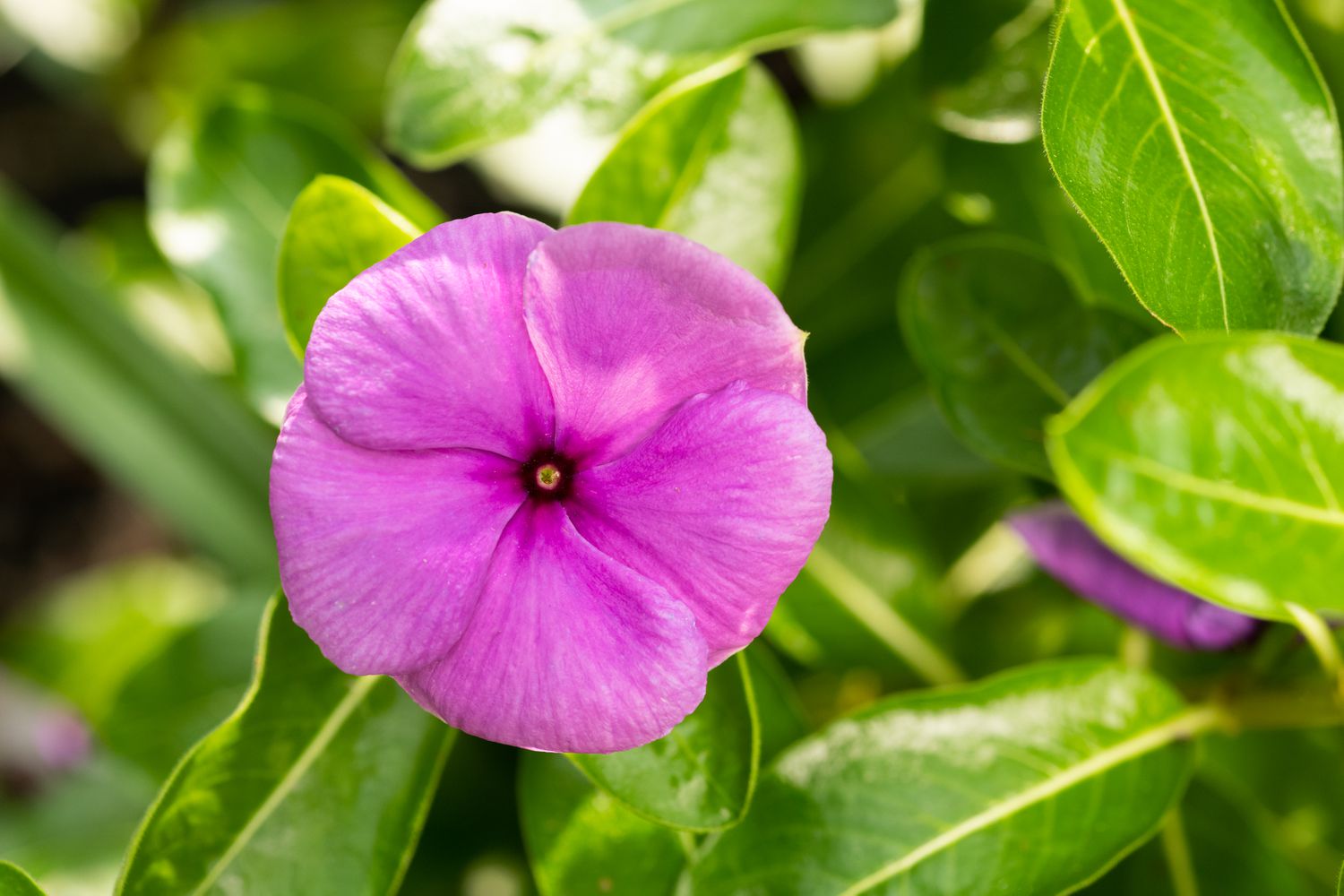

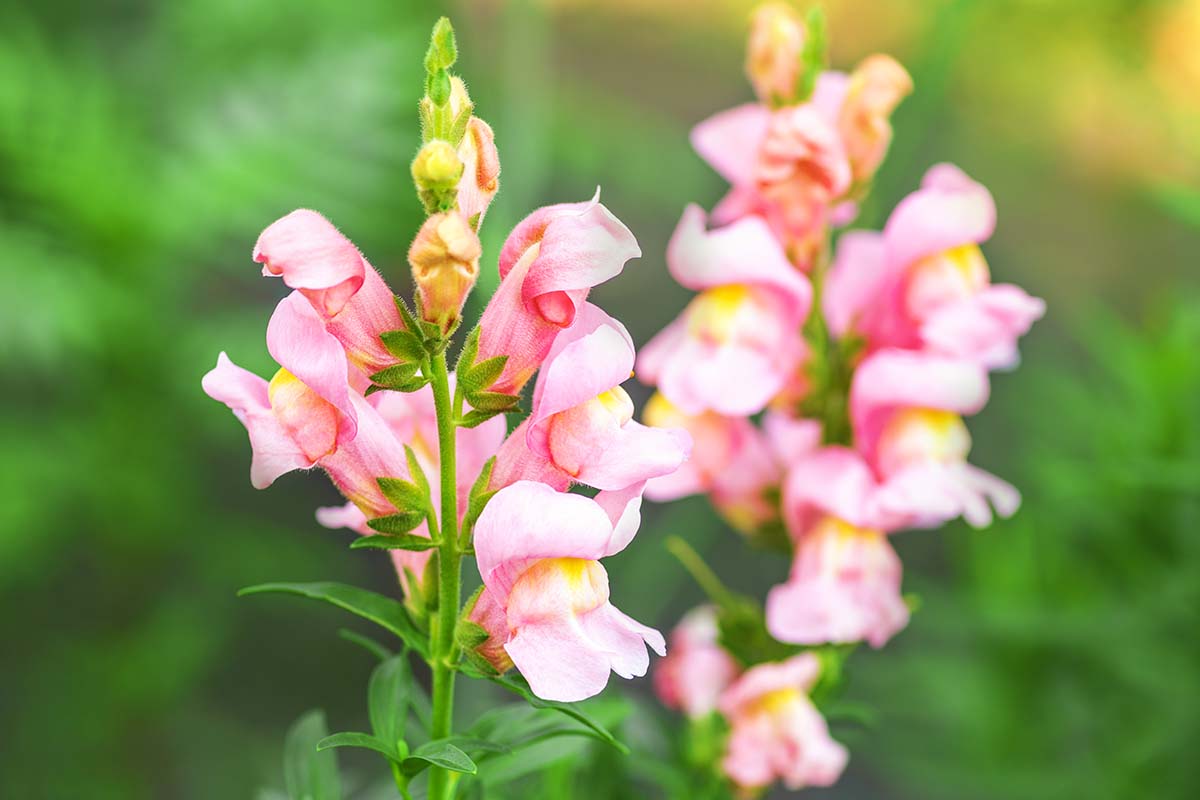
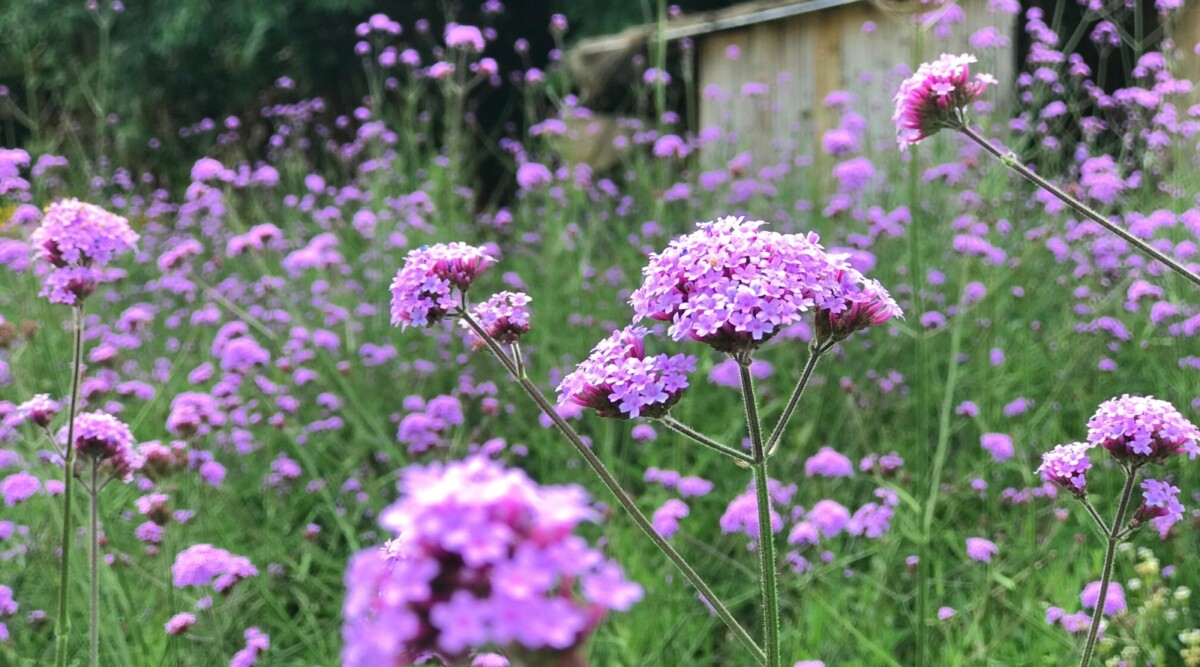

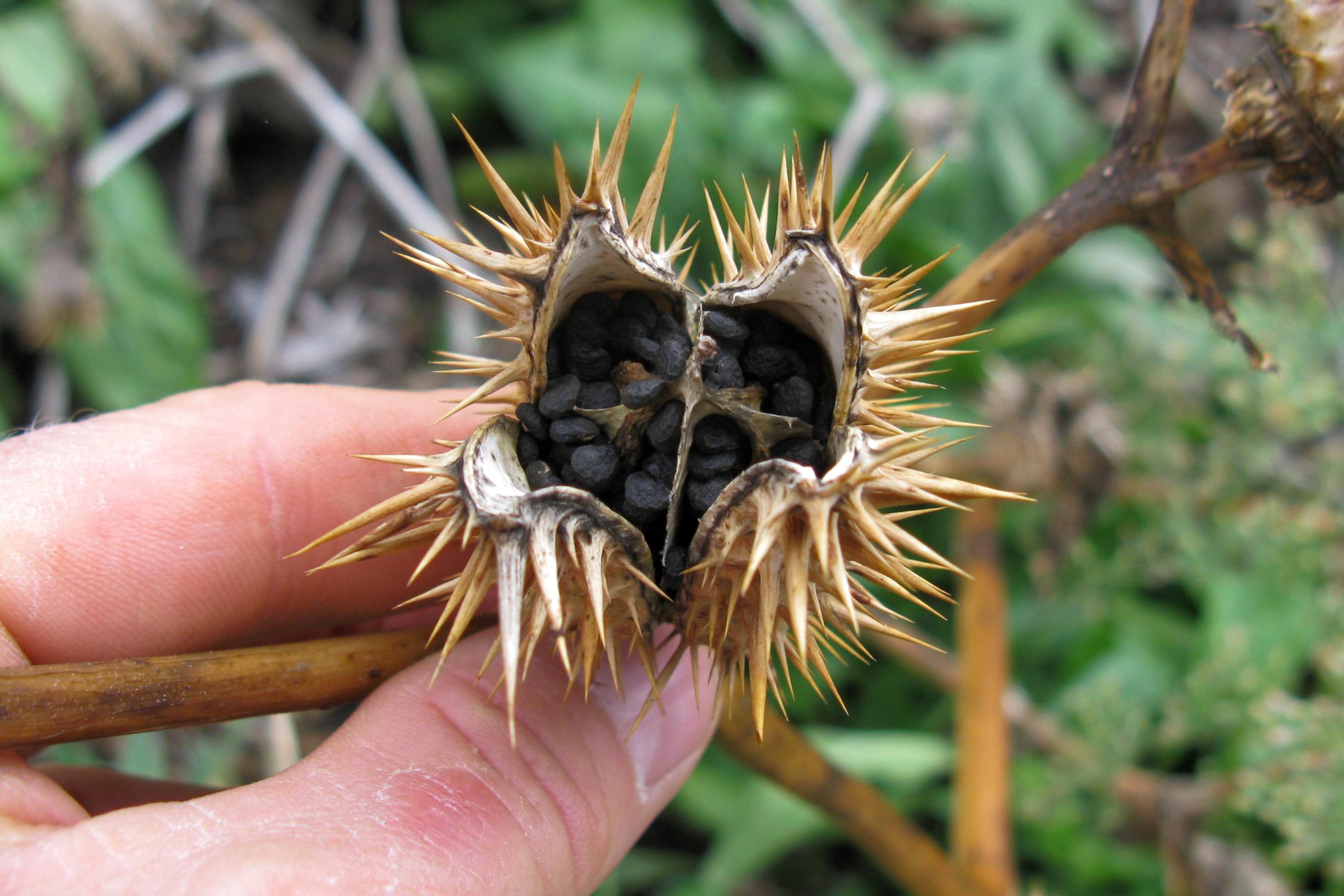
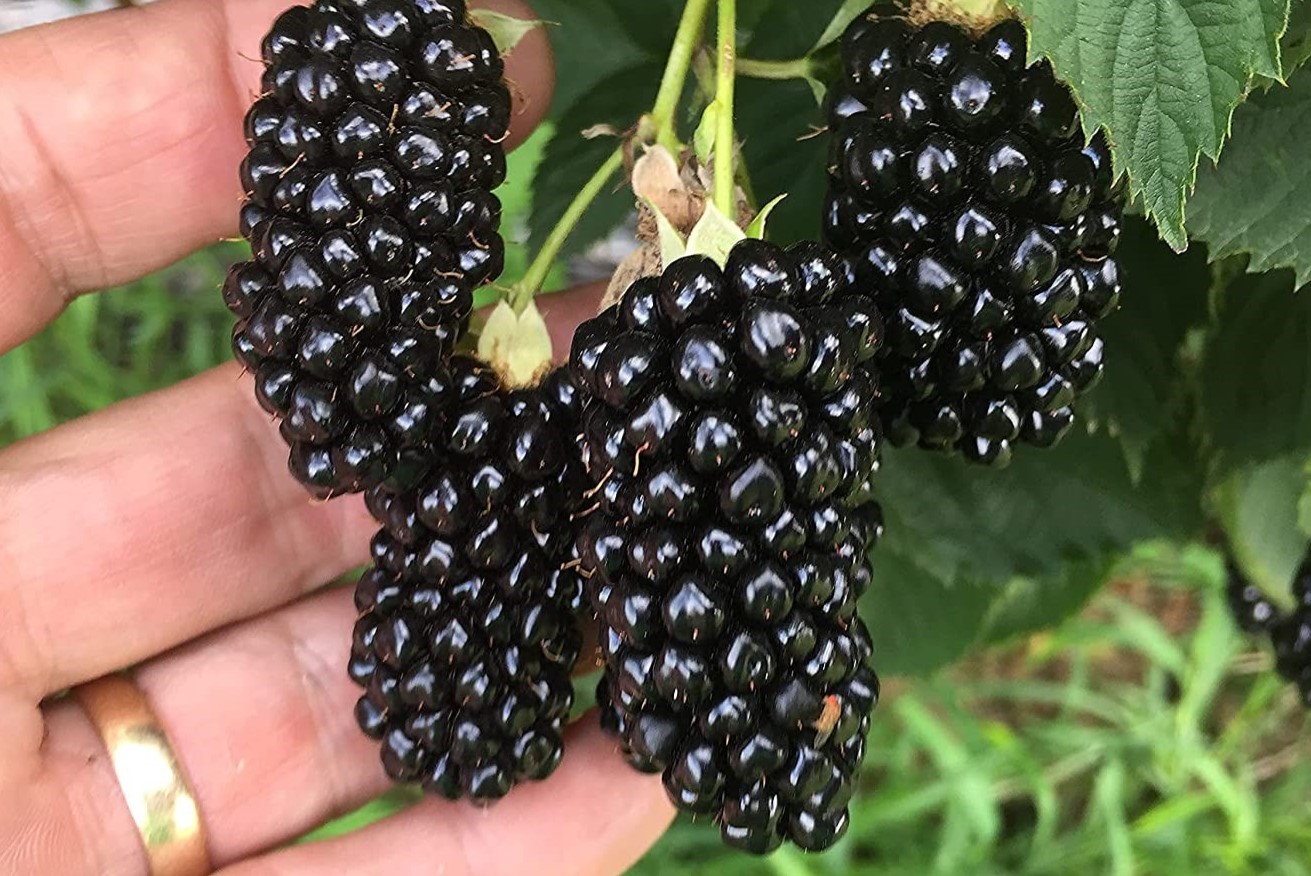
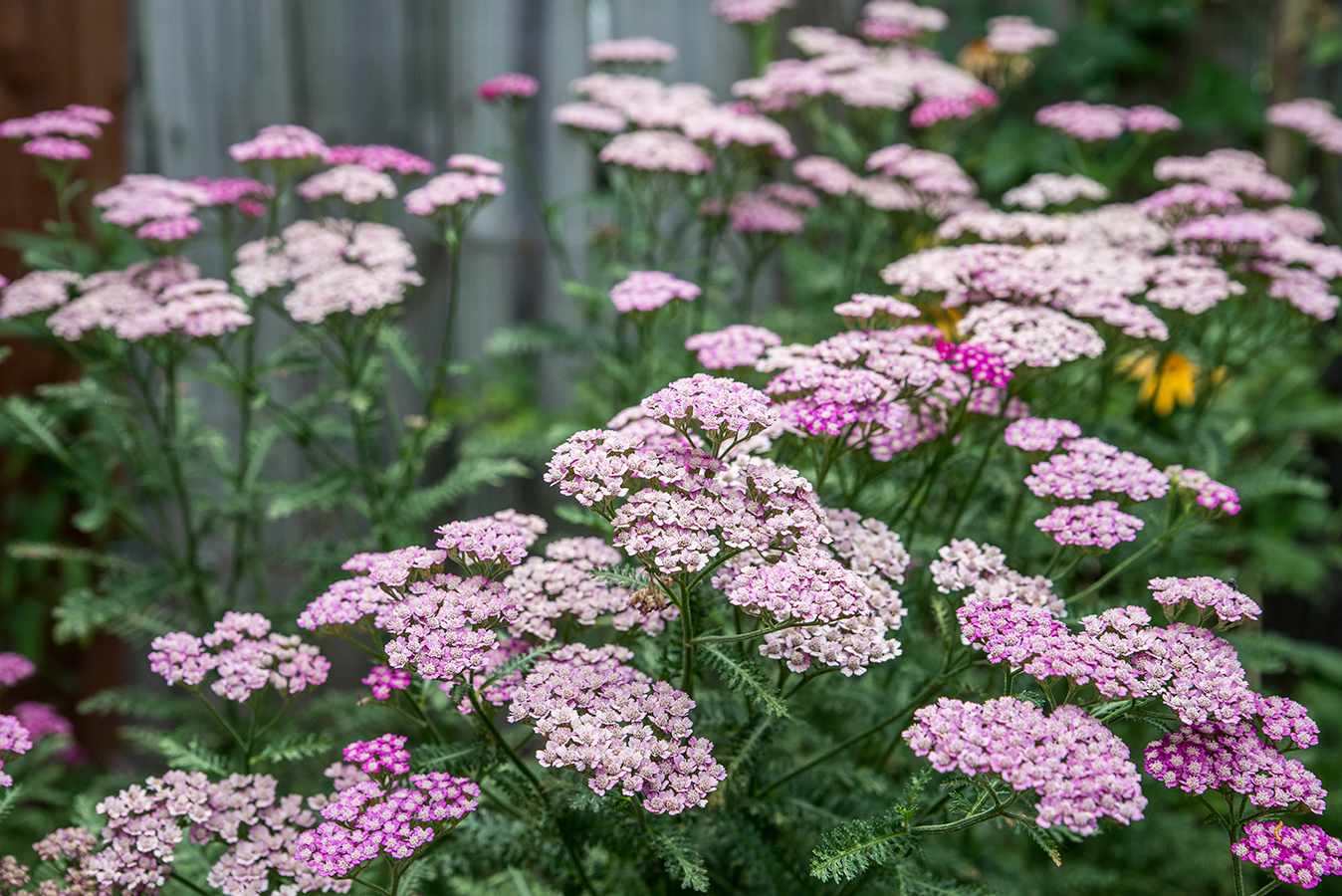
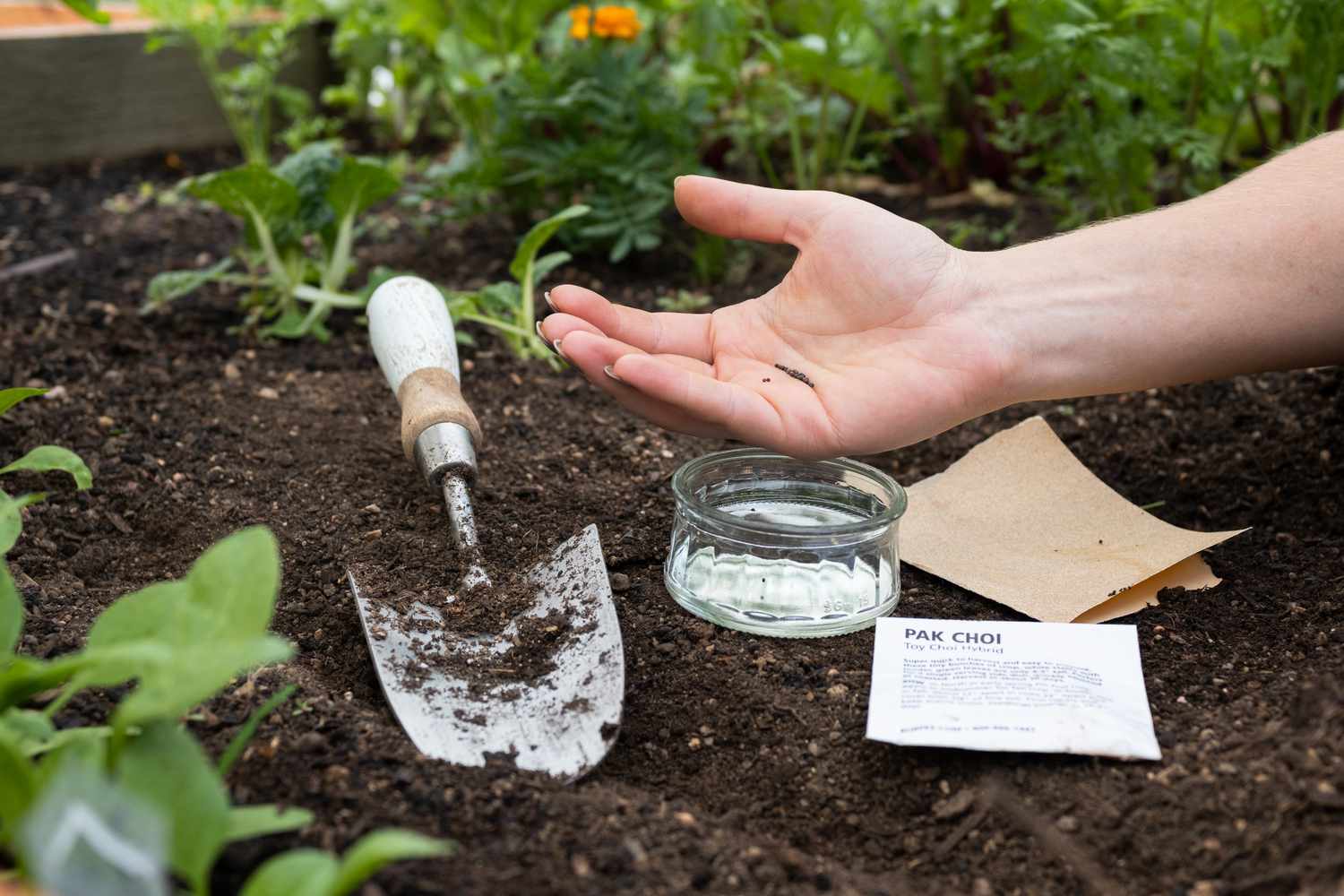

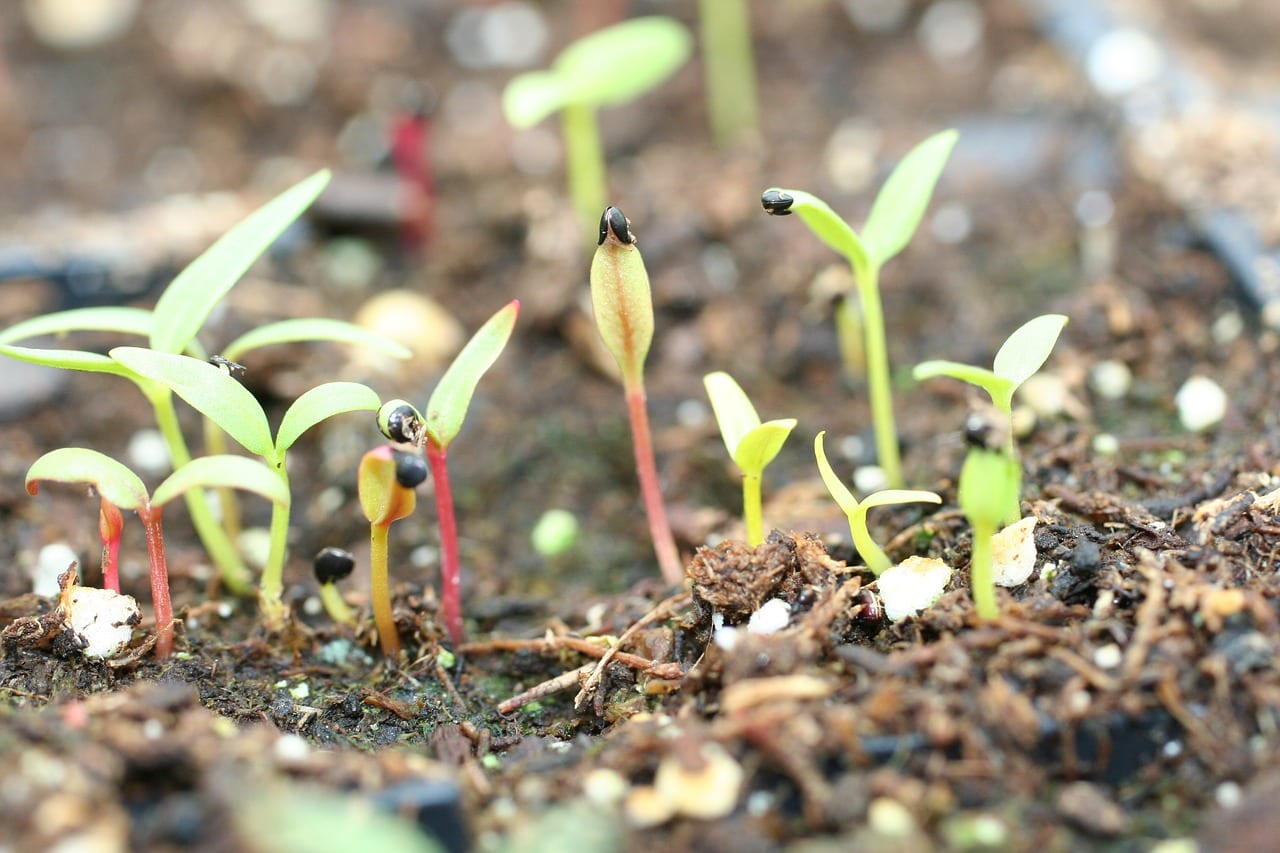



0 thoughts on “When To Plant Grass Seed In NC”